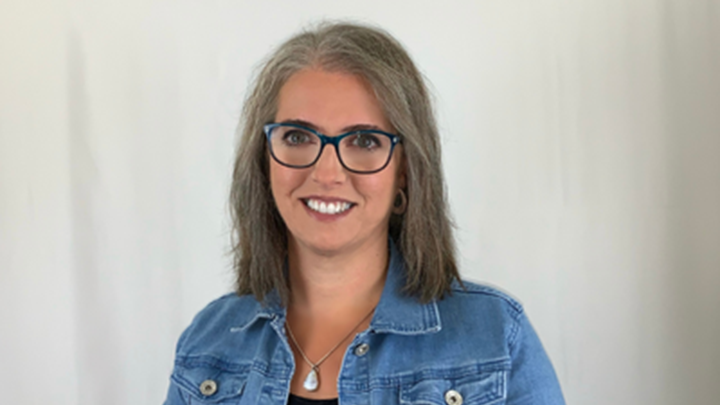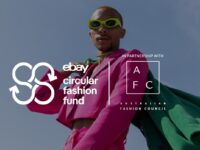Karen Friedin is the entrepreneur behind Reluv Clothing, Australia’s first online secondhand clothing business that aims to address the negative impact of fashion on the environment and society. Karen herself has been a sustainability advocate and the venture has allowed her to be able to do her part for the environment while also being able to fulfill her passion.
ISB: How did you begin in your sustainability advocacy?
KF: I had been working in the sustainability sector for a few years, but it wasn’t until my daughters entered their teens and started showing an interest in fashion that I began exploring the intersection of fashion and sustainability. From the raw material inputs and energy-intensive production processes to the high consumption rates in Western society, the low utilization of garments, and the growing textile waste problem, the industry’s footprint is substantial. Learning about these issues – alongside the social inequalities woven into the industry – became a turning point for me. It inspired me to get involved and work toward creating meaningful change in fashion’s approach to sustainability.
ISB: Why is it important to you to set up a business like Reluv?
KF: We’re producing more clothing than ever, yet the number of times we wear each item is decreasing, with many people wearing an outfit only once or twice before discarding it. This throwaway culture is unsustainable. Our clothing needs and preferences evolve. We need convenient, accessible solutions for clothing that no longer fits or serves us. Circular fashion offers a range of strategies to ensure clothing is worn, cared for, and either upcycled or recycled at the end of its life, keeping it out of landfills. Resale is a key part of this circular solution, as it not only extends the life of garments but also has the potential to reduce the demand for new clothing, increasing the utilisation of what’s already in circulation.
ISB: What was the most challenging aspect of jumping into entrepreneurship from your office-based career and how did you overcome it?
KF: When I started Reluv, I was working full-time in a sustainability role that I truly enjoyed. Leaving a secure, permanent role with excellent superannuation in my 50s was incredibly daunting. So I asked myself, “If I look back in a few years, will I regret doing this, or will I regret not doing it?” After 3.5 years of running Reluv as a side hustle, I knew I had to take the leap and commit to it full-time to see if I could truly scale the business. Confidence was another challenge – especially stepping into an industry I had never worked in before. It felt intimidating, and I battled with a healthy dose of imposter syndrome along the way. I learned to push through by focusing on my passion for sustainability and the potential impact Reluv could have. That drive kept me going despite the uncertainty and self-doubt.
ISB: How were you able to grow Reluv from a local business into a business with a nationwide presence?
KF: It took a combination of hard work, persistence, and patience. We started small, collecting clothing from people in our local area to see if they were interested in selling their quality pieces. We didn’t even have a website, so we paid people on the spot for their clothes while we built the platform. We transitioned to a consignment model and developed a portal where sellers can track the progress of their items and their payouts. Our interactive website allows customers to browse thousands of items with the convenience of trying before they buy, making offers, and enjoying a 14-day return policy – creating a seamless first-hand shopping experience for secondhand clothing. In addition, we’ve established key partnerships to help promote circular fashion. So far, we’ve kept thousands of garments in circulation, preventing a significant amount of clothing from ending up in landfills.
ISB: How do you envision Reluv’s growth in the next couple of years?
KF: Our primary goal is to maintain stability while navigating the economic downturn. If we can keep things steady during this period, we’ll be in a good position. Looking ahead, I envision scaling the volume of items we process and continually testing and learning with new technology to improve efficiency. Additionally, I hope to expand our partnership base, particularly with brands interested in offering branded resale options to their customers. This would allow us to not only grow Reluv but also strengthen our contribution to the circular fashion movement.
ISB: If you were to impart one important lesson to someone who aspires to be an entrepreneur, what would it be?
KF: Growing a business is a marathon, not a sprint. While it’s tempting to think success happens overnight, very few businesses scale quickly. It takes time, effort, and resilience. You need to learn to pace yourself, stay patient, and be prepared to bounce back from setbacks. The journey will be full of challenges, but perseverance and adaptability are key to long-term success.
















